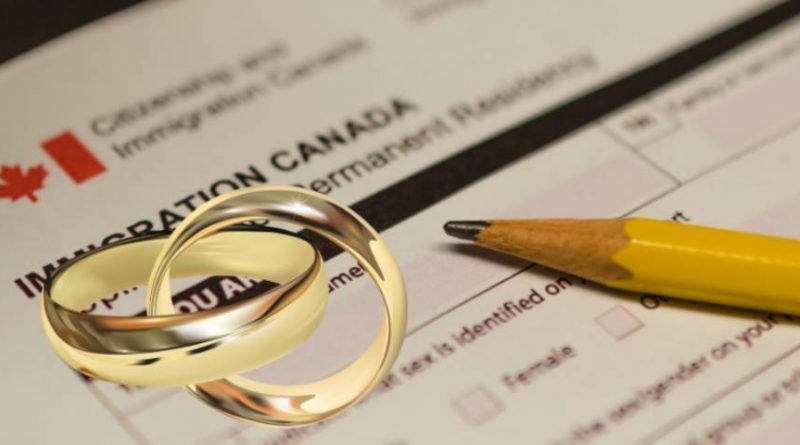Spouse Sponsorship: Assessing a Common-law Relationship
In such cases, an officer must determine that R4.1 does not apply, i.e. that the common-law or conjugal partnership was not dissolved solely for immigration purposes, and that the new relationship with the previously separated spouse is genuine.
The onus is on the sponsor to provide acceptable evidence that the previous relationship has ended.
If information provided in the IMM 5532 (Relationship Information and Sponsorship Evaluation) (PDF, 2.21 MB) is insufficient, an officer may request additional evidence, such as:
- a mortgage or lease
- documents showing the same address for both, e.g. government-issued identification documents, driver’s license, insurance policies
- proof of joint bank accounts, e.g. bank statement or a letter from a financial institution
- documents from other institutions or government authorities, such as the Canada Revenue Agency, that indicate a marital relationship
Divorce and subsequent remarriage do not overcome exclusion under R117(9)(d). If a Canadian citizen or permanent resident submits an application to sponsor a previously separated spouse, the previously separated spouse may be excluded if they were married but not examined at the time that the sponsor applied for permanent residence.
Prohibited relationships
A common-law or conjugal partner relationship cannot be established with more than one person at the same time. The term conjugal by its very nature implies exclusivity and a high degree of commitment. It cannot exist between more than two people simultaneously. Polygamous-like relationships cannot be considered conjugal and do not qualify as common-law or conjugal partner relationships.
Because they are defined as conjugal relationships, common-law relationships have most of the same legal restrictions as marriages, such as prohibited degrees of consanguinity. The list of relationships falling within the prohibited degrees in the Marriage (Prohibited Degrees) Act applies equally to common-law partners.
The following persons are not recognized as common-law partners:
- persons in an incestuous relationship
- one or both partners under the minimum age of consent (see below)
- one of the partners detained or incarcerated for what would be offences in Canada under the Criminal Code
The same minimum age applies to spouses and common-law partners – age 18 [R117(9)(a)]. Partners may begin to live together before age 18, but their relationship is not legally recognized as common-law until both partners have been cohabiting for one year since both were at least 18 years of age.





